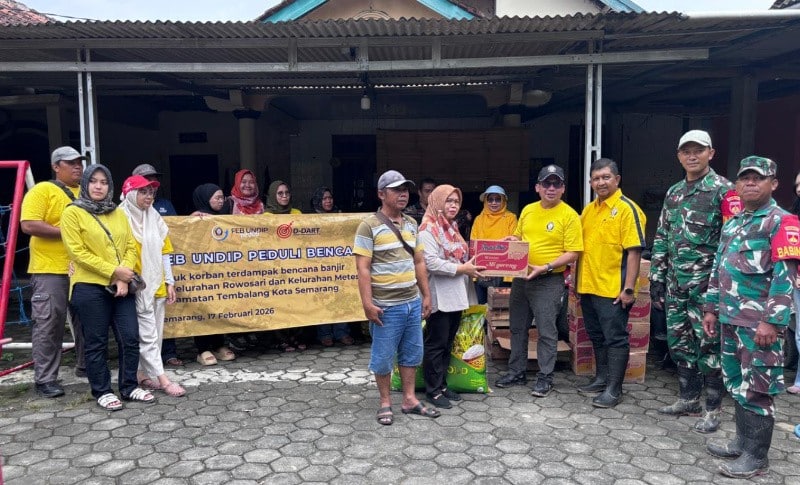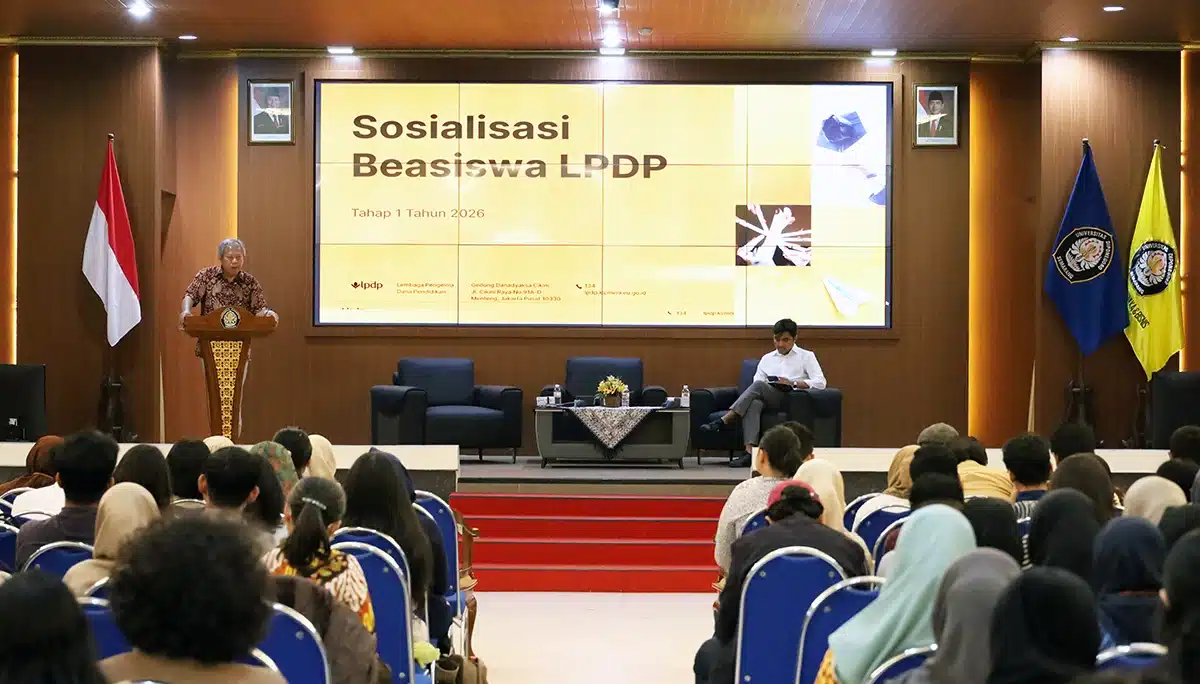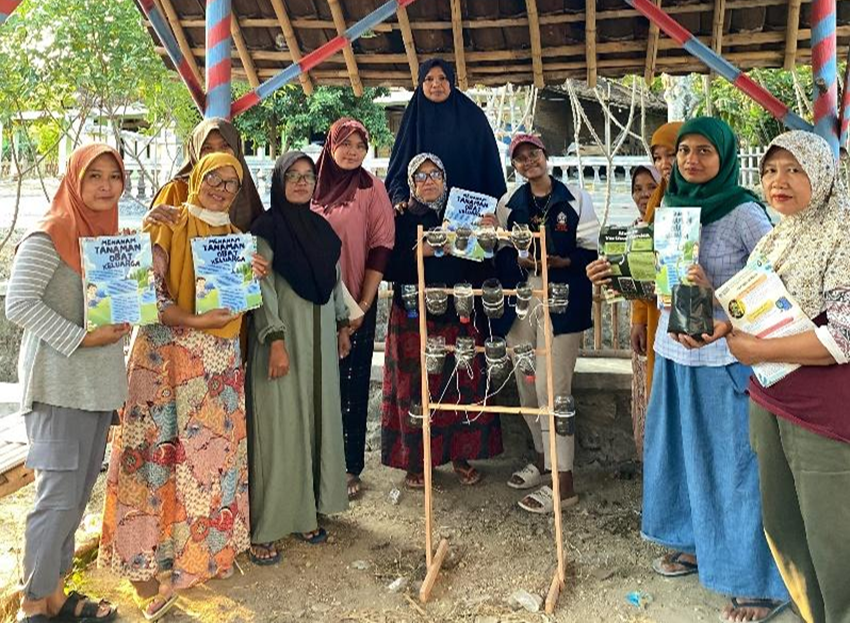Community Service Team II students from Diponegoro University conducted a program focused on planting and processing various types of family medicinal plants (TOGA) for the Women’s Farming Group (KWT) in Pengkol Village, Nguter District, Sukoharjo Regency. The program aimed to introduce and educate participants on the importance of TOGA as a way to naturally maintain family health without the use of chemicals.
This program’s background stems from the fact that many residents, especially Women’s Farming Group members in Pengkol Village, have yet to fully utilize the small spaces around their homes to plant TOGA. Moreover, many are still unfamiliar with how to process these medicinal plants.
This scientific program, carried out by Agroecotechnology students from Undip, aims to enable the community to make use of limited land around their homes by planting TOGA using polybags, which are practical and have many benefits, and processing them into medicine. Therefore, this TOGA program provides the community with an understanding that TOGA is easy to plant, highly beneficial, and can be processed at any time.
The program was held on Friday (26/07/2024) from 15:30 to 16:30 WIB at the land owned by the Women’s Farming Group in Pengkol Village. The activity began with an introduction to TOGA, an explanation of the benefits and processing methods of some TOGA plants, and a practical demonstration of the correct way to plant TOGA. All participants engaged in the planting practice using polybags and growing media and prepared rhizomes of red ginger, curcuma, and turmeric.
The participants from Pengkol Village enthusiastically attended the material presentation and planting practice. One key factor was their interest in utilizing home gardens to grow TOGA using polybags. The planting practice and the materials on how to process family medicinal plants had a profound and positive impact on overall family health, bringing hope and reassurance to the participants.
The event received great enthusiasm from participants, as evidenced by the numerous questions and discussions during the program. Mrs. Wati, one of the Women’s Farming Group members, expressed that by understanding this process. The residents of Pengkol Village could better utilize limited yard space and become more self-reliant in maintaining their health, reducing reliance on chemical medications. “Applying this knowledge can make a positive contribution to a healthy and sustainable lifestyle,” she said.
The activity ran smoothly, and it concluded with a documentation and evaluation session. (Shakilla)









